‘Populists are not by definition wrong’

Surges in support for authoritarian politicians around the world have raised eyebrows among experts on democratic government. Nonetheless, political scientist Daniel Kübler remains cautiously optimistic in an interview with swissinfo.ch.
A major multidisciplinary research project has taken a close look at the challenges for democracy in the 21st century in the context of populism, globalisation and the increasing role of the media.
KüblerExternal link, a professor of political science at the University of Zurich, has led the project over the past five years.
swissinfo.ch: Are you very worried about the state of democracies around the world?
Daniel Kübler: I’m concerned about democracies in the Western world. Less than 30 years ago, when we were at the height of the third wave of democratisation and after the fall of the Berlin Wall, it was generally agreed that this was the triumph of Western liberal democracy. Some academics even declared it is the “end of history”.
Three decades later, we have the president of the United States – the oldest liberal democracy in the world – openly questioning some of the rules of American liberal democracy, such as the separation of powers. The election of Donald Trump is no surprise as such but it is a combination of trends observed in other established democracies.
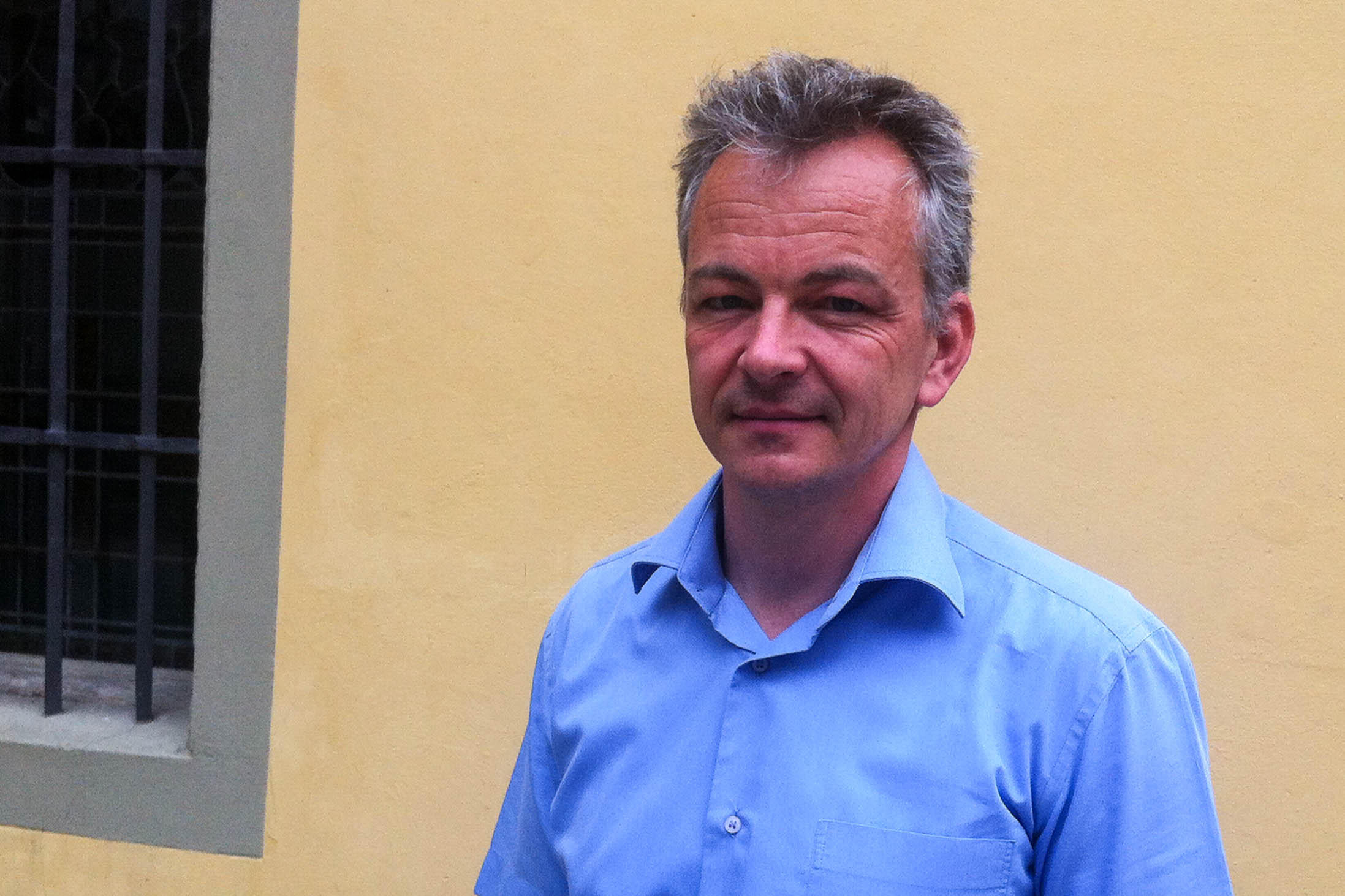
Take France. Never in its history has there been such an authoritarian and populist candidate [Marine Le Pen] so close to winning the presidency. The same goes for Austria where the rightwing populist candidate [Norbert Hofer] lost by a narrow margin.
Populists are in power in Poland and Hungary where they have started dismantling some of the most important principles of the rule of law.
swissinfo.ch: What about the rest of the world outside Europe?
D.K.: There is less cause for concern when you look at the sheer number of democracies across the world as the idea has been spreading. At least if we define democracy as a political system where the most important government offices are filled by holding contested elections based on universal suffrage.
The political ideal of democracy even enjoys support among people in China despite the increasingly harsh repression by the regime in Beijing.
swissinfo.ch: How much of a threat to democracy is populism, as mentioned as a key factor in France and other Western countries?
D.K.: Populism is made up of three elements as research has established. First, criticism of the elite; second, a romantic notion of the people as intrinsically good.
This article is part of #DearDemocracy, the platform for direct democracy of swissinfo.ch.
These two elements alone are no danger to democracy, because it must be possible to criticise the leadership in a democratic system. There is nothing wrong about giving people a say in how their country should be governed.
However, what is dangerous for democracy is “bloc thinking”: imposing a false unity on people and on the elite. It’s tantamount to ignoring differences of opinion within a group.
Populists want to exclude minority positions, saying they are not part of “the people”. A case in point is how rightwing populists perceive immigrants as not belonging to “the people”.
But there is no such thing as a homogenous bloc of people who all want the same thing. “The idea of ‘the people’ is a fiction,” as Andreas Auer, founding director of the Centre for Democratic StudiesExternal link in Aarau, aptly said.
There is always a diversity of ideas, and people express different opinions at the ballot box. Popular majorities are the result of that.
The same false unity is attributed to the elite. All its members are corrupt and aloof, living in an ivory tower, according to populists.
swissinfo.ch: What can be done to stop the spread of bloc thinking?
D.K.: Until now, there is no scientific answer to this. Research would have to look into the way populists govern and compare it with typically non-populist governments.
For our 12-year research project on democracyExternal link there were simply no empirical cases. These are only now about to emerge and can be observed in real time in the US, Poland and Hungary, for example.
A possible safeguard against populism might be to strengthen liberal democratic institutions and ensure that a pluralistic society can express itself and that its ideas are fed into the political debate.
The multidisciplinary research project on democracy in the 21st century is coming to end in September.
More than 50 research teams at 16 institutions focused on globalisation and the role of the media in the context of increasing populism.
The CHF33 million ($34 million) project, funded by the Swiss National Science Foundation, was headed by political scientists Hanspeter Kriesi (European University Institute in Florence, Italy) and Daniel Kübler from Zurich University.
The main findings of the project are presented at a three-day conference in ZurichExternal link from June 14-16.
swissinfo.ch: Have you ever been asked for advice by a political party or organisation on how to counter populism?
D.K.: Never, and I couldn’t really help anyhow. Besides, populists are not by definition wrong. They were elected by voters of their countries as the most recent examples in the Western world show. They played by the rule and have articulated legitimate political demands which appealed to the electorate.
The issue is how populists articulate these demands and what they do once they are in power. Safeguards are needed to ensure that democracy isn’t irreparably damaged.
The example of the US shows that one fundamental tenet is the separation of powers between the executive, the legislative and the courts. A system of checks and balances has to be in place to rein in political attempts aimed at curbing pluralism.
In the US, the courts seem to have stopped President Trump’s anti-immigration policy, while the European Union is struggling to make Hungary and Poland respect the separation of powers.
Closer to home, I was very pleased to see how principles of democracy and the rule of law were at the core of a broad public debate ahead of a nationwide vote of the so called enforcement initiative last year on a strict application of the expulsion of criminal foreigners.
The fundamental values of democracy have to be defended by citizens against the threat of populists and recent examples in France or the Netherlands are optimistic signs.
swissinfo.ch: Are you an optimist when it comes to the future of democracies?
D.K.: I tend to see the glass half full rather than half empty. It has been said that institutions of checks and balances don’t just snap into place automatically. People need to activate these mechanisms. In the case of the Muslim immigration ban in the US it seems to work and this is encouraging.
On the other hand, there are cases where the context is different as in Hungary and Poland where I’m more worried.

In compliance with the JTI standards
More: SWI swissinfo.ch certified by the Journalism Trust Initiative


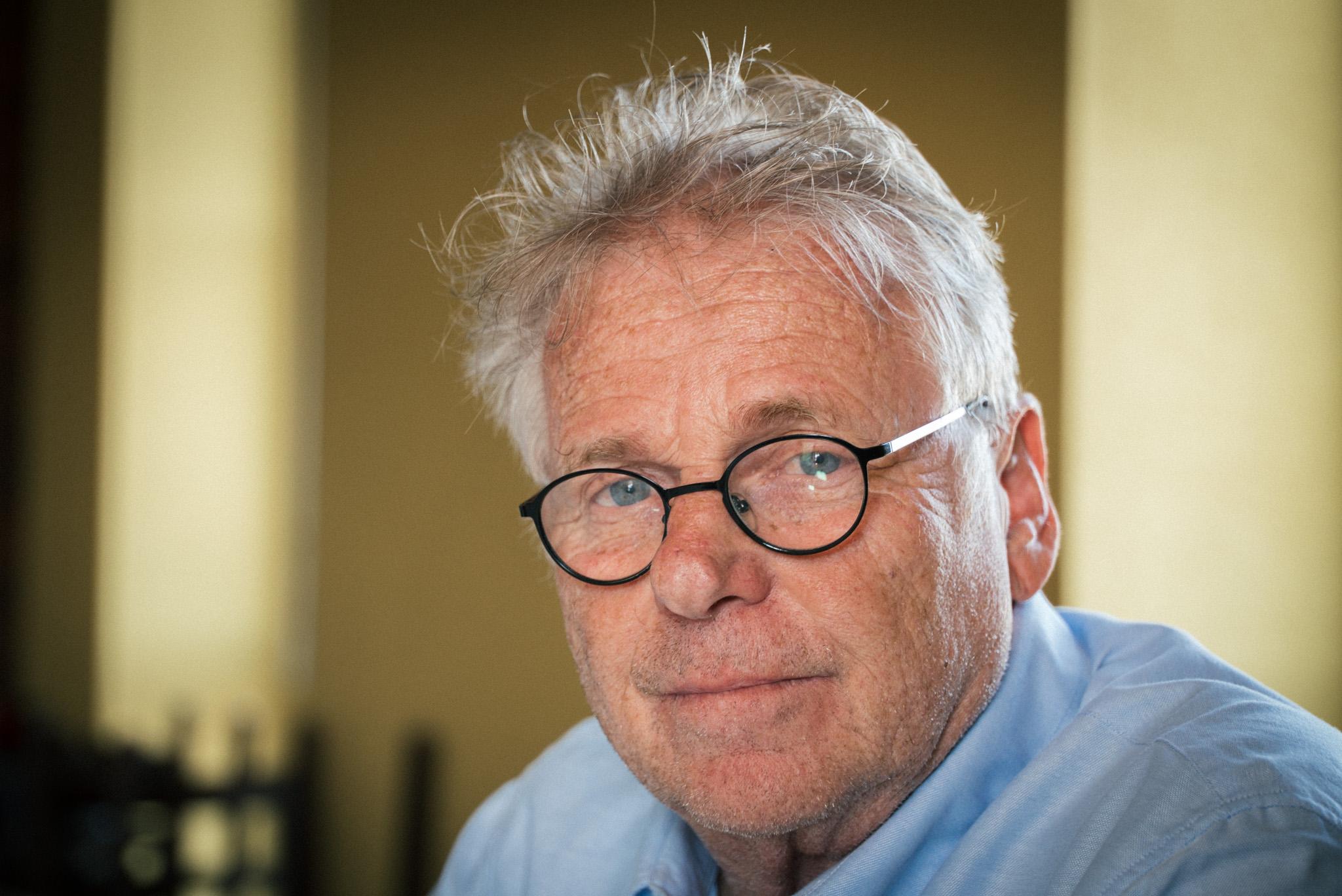


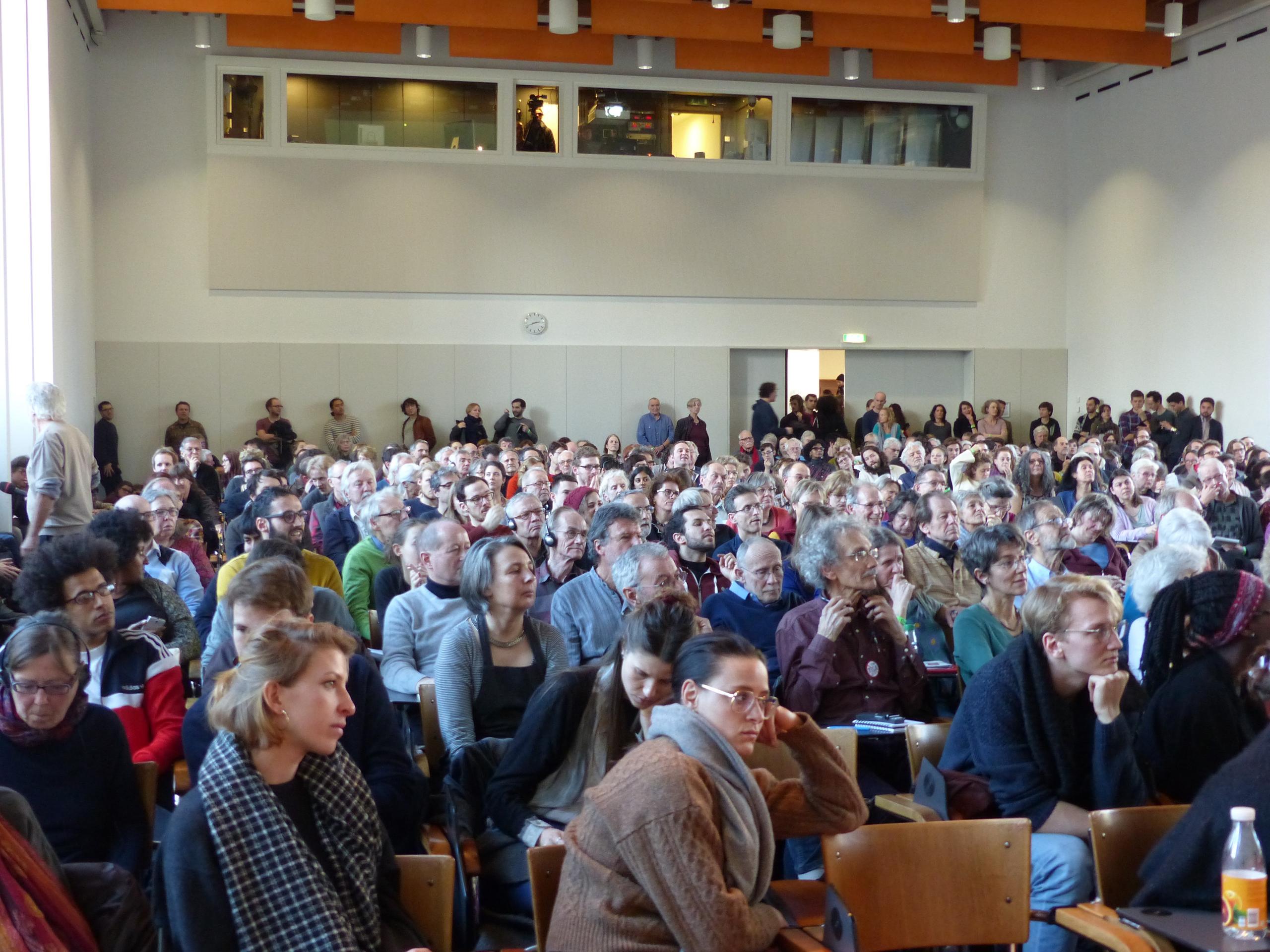
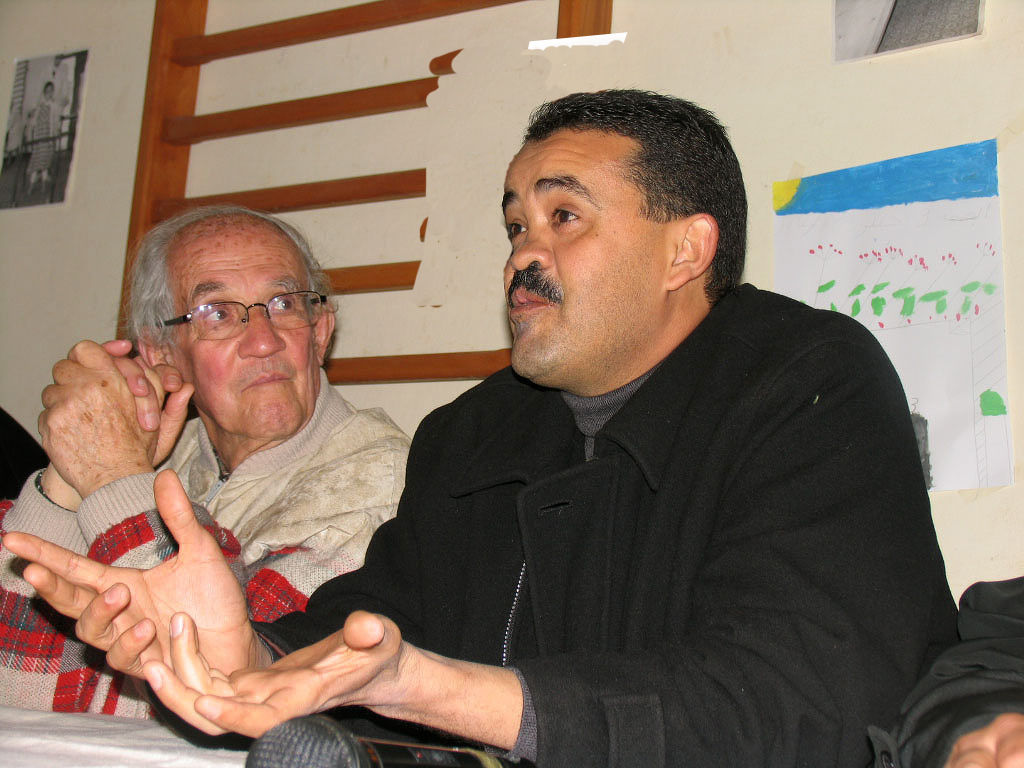

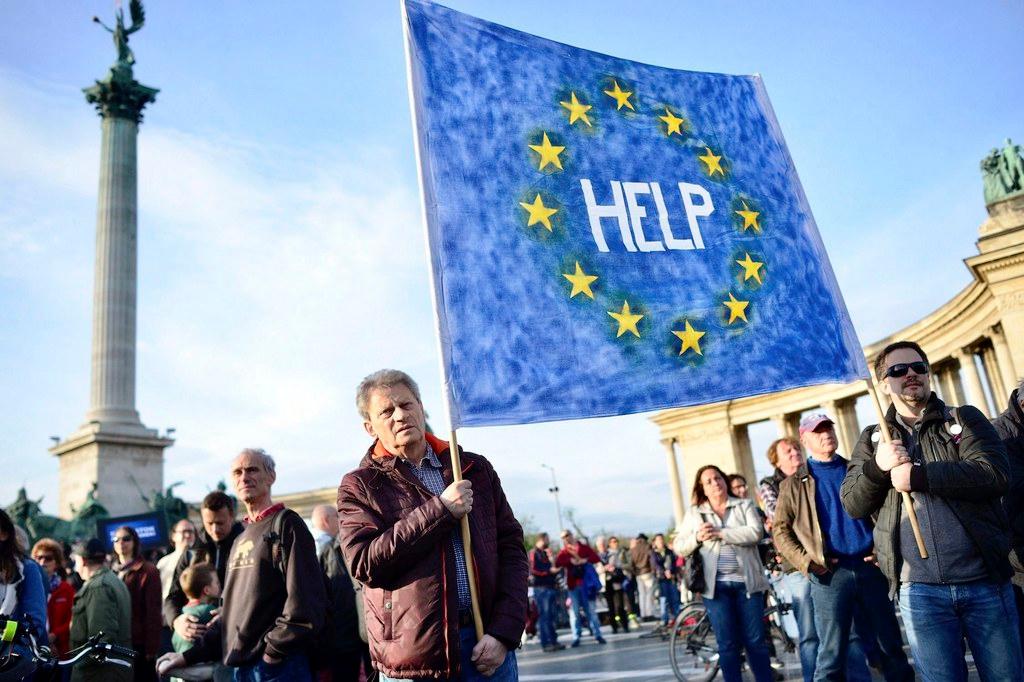
You can find an overview of ongoing debates with our journalists here. Please join us!
If you want to start a conversation about a topic raised in this article or want to report factual errors, email us at english@swissinfo.ch.